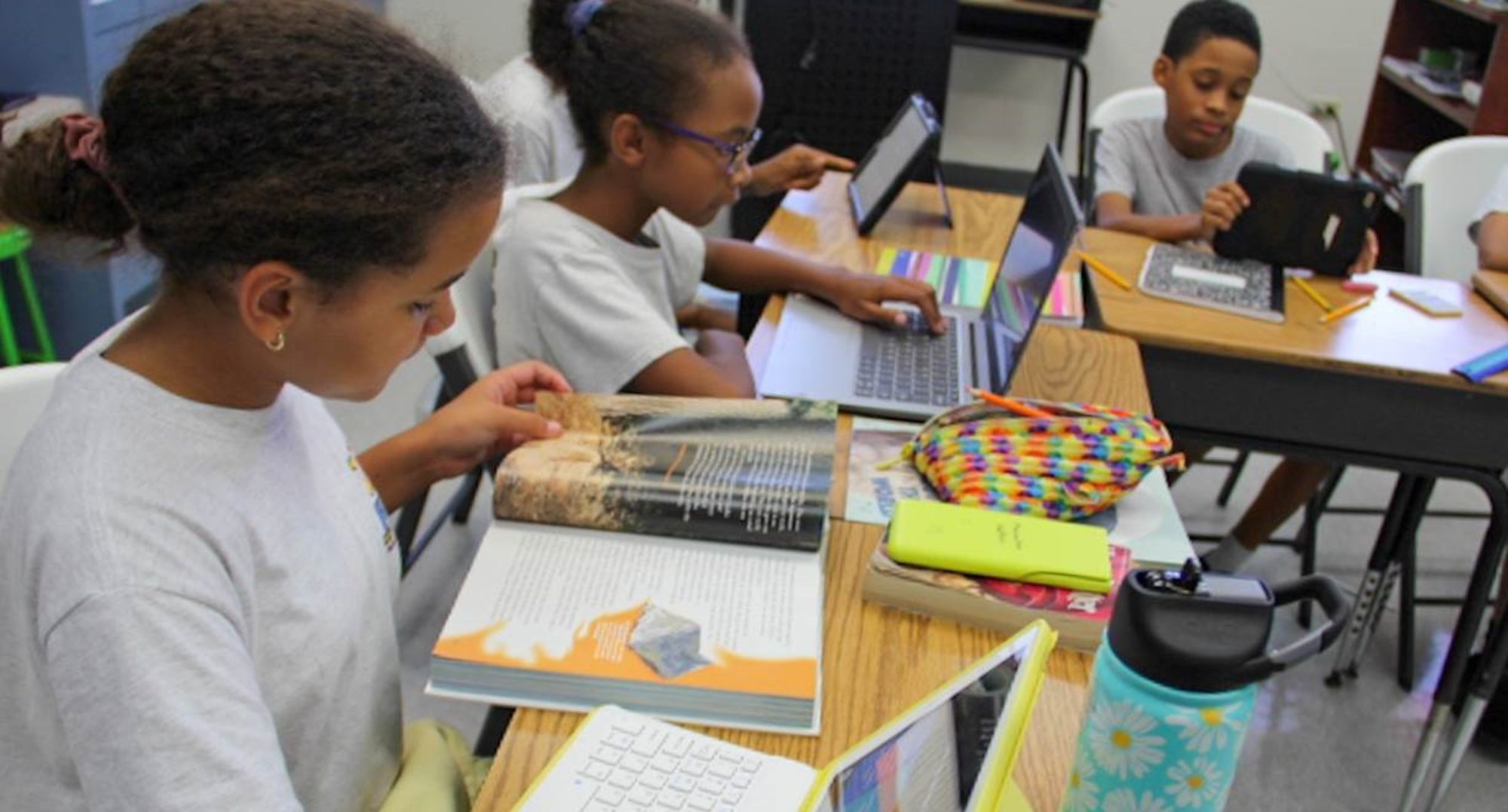NARRATIVE WRITING
Learning Objectives:
- Students will complete their fictional narrative drafts and publish their work
READING WEEK
FOCUS – COURAGEOUS FEMALES:
- Monday: Malala Yousafzai
- Tuesday: Pocahontas
- Wednesday: Rosa Parks
- Thursday: Queen Esther
- Friday: Character Dress Down Day – Half-Day
Boys Need to Learn Women’s History Too by Andrew Pillow
The whole reason we are taking a week to focus on outstanding females in history is that young girls are typically not taught enough about the courageous women that came before them. However, it is important that we remember that boys need to learn this information too.
This Reading Week was in part created to help girls combat the stereotypical images of women they received from their male-dominated history curriculum, but it may be even more important to combat those images in the heads of males. So many of the problems we have with the way men treat women can be chalked up to quite literally millenniums of viewing women as less-than. The adverse effects of exclusively teaching that history in class cannot be overstated.
It’s important not to shy away from history even if it isn’t pretty and the truth is women have been subjugated for most of human history. But in spite of being held back for centuries, women have always managed to become much more than the 2nd class citizens patriarchal societies intended them to be. However, history is largely written by men; so if you are not intentional about teaching the accomplishments of women, then you likely won’t.
Just as it’s important for white students to learn black history, it’s important for men to learn a thing or two about Women’s History. If we truly want society to advance in gender equality, then it’s not enough for women to see themselves as equal and valuable… men have to see it too. The easiest way to get a man to see something is to show it to him as a boy.
Learning objectives:
- Make inferences and provide textual evidence
- Identify character traits and provide text evidence
- Identify the figurative language used in Malala’s Magic Pencil and explain what it means
- Compare and contrast Pocahontas’s life with yours
- Correctly sequence the story of Queen Esther
- Reflect on the theme of the story
- Identify 2 ways that you can stand up to others
SPELLING
- Study for Spelling Assessment on Thursday
Lesson 14
- beggar 2. burglar 3. cedar 4. computer 5. consumer 6. error 7. calendar 8. grammar 9. hanger 10. lumber 11. monitor 12. partner 13. pillar 14. prisoner 15. rumor 16. trader 17. traitor 18. vapor 19. vinegar 20. whimper
